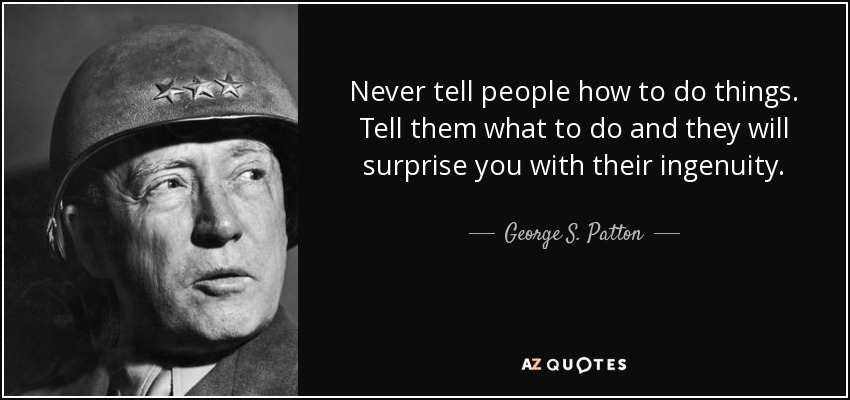I’m pretty passionate about this topic. I’ve got a daughter who knew she wanted to be a choral teacher since the 7th grade. I’ve got a son, who has NO IDEA what he wants to do as a rising junior in high school. That’s fine of course. However, most students don’t have any idea the variety of career paths that are out there. Our school has moved away from career fair day to job shadowing day. Most kids just take the day off and are left with no idea about various careers outside of doctor, lawyer, teacher and whatever their parents do for a living.
However, to find a career that will best suit someone, it is important to know what jobs and what environments would work well with a person. Knowing yourself is the key here. We are all a blend of 4 different personality styles: D, I, S and C. Finding out which one is the highest for you will do wonders in choosing which career path you should take.

I will break down four personality styles and what should they do:
D personality style: you belong here along with the rest of 10% of population if you have never found a challenge you can’t face and you like to be in charge. D personalities are risk takers and love to be rewarder for their individual success. If that sounds like you, choose a fast-paced environment and you’re up to a great start in your career!
I personality style is someone who loves influencing others and is oozing charisma all the time. This 25 to 30% of population just wants to have fun all the time. That’s why a great career choice for an I is anything where they can express themselves, like acting, teaching or even sales.
S personality style is supporting, exceedingly kind, a kind of person that is a great friend and excellent listener. So if you recognize yourself in this go after it: your career path should involve health care, counselling, education…. Any position where you find you can lift others up as you will be remarkable at it!
And finally a C personality style: high-level thinkers, people who don’t say much but when they finally do, it is so carefully thought out that listeners are in awe. C’s are all about understanding why and organization so a career as a lawyer, doctor or engineer is a path to consider.
It is important to remember we are all a blend of all four personality types. But one of them is dominant.
That’s why not everyone is wired to go out there and perform on a high level in a pressured environment in a sales department. And that’s perfectly fine! What is important is that you have to understand yourself. If you are an I you cannot compare yourself to a D. Stop comparing yourself to others because you are gifted in areas someone else is not and vice versa.

No one is right or wrong. And I hate the saying “You do you”. But when choosing a career you can’t look at what your mom or brother or anyone else did. You got to find out where your passions are.
Quite frankly, no one fits the career path that you will choose like you will. You are a unique individual, remember that.
And in order to find that job that you would do for free and that makes you tired in a good way (and trust me, that exists!), you need to take it step by step. The first step is self-awareness. And to do that you need a tool that will give you that objective data. It can be done for an adult, teenager, kid…. You name it. Find out more in the Store and take the first step today!






